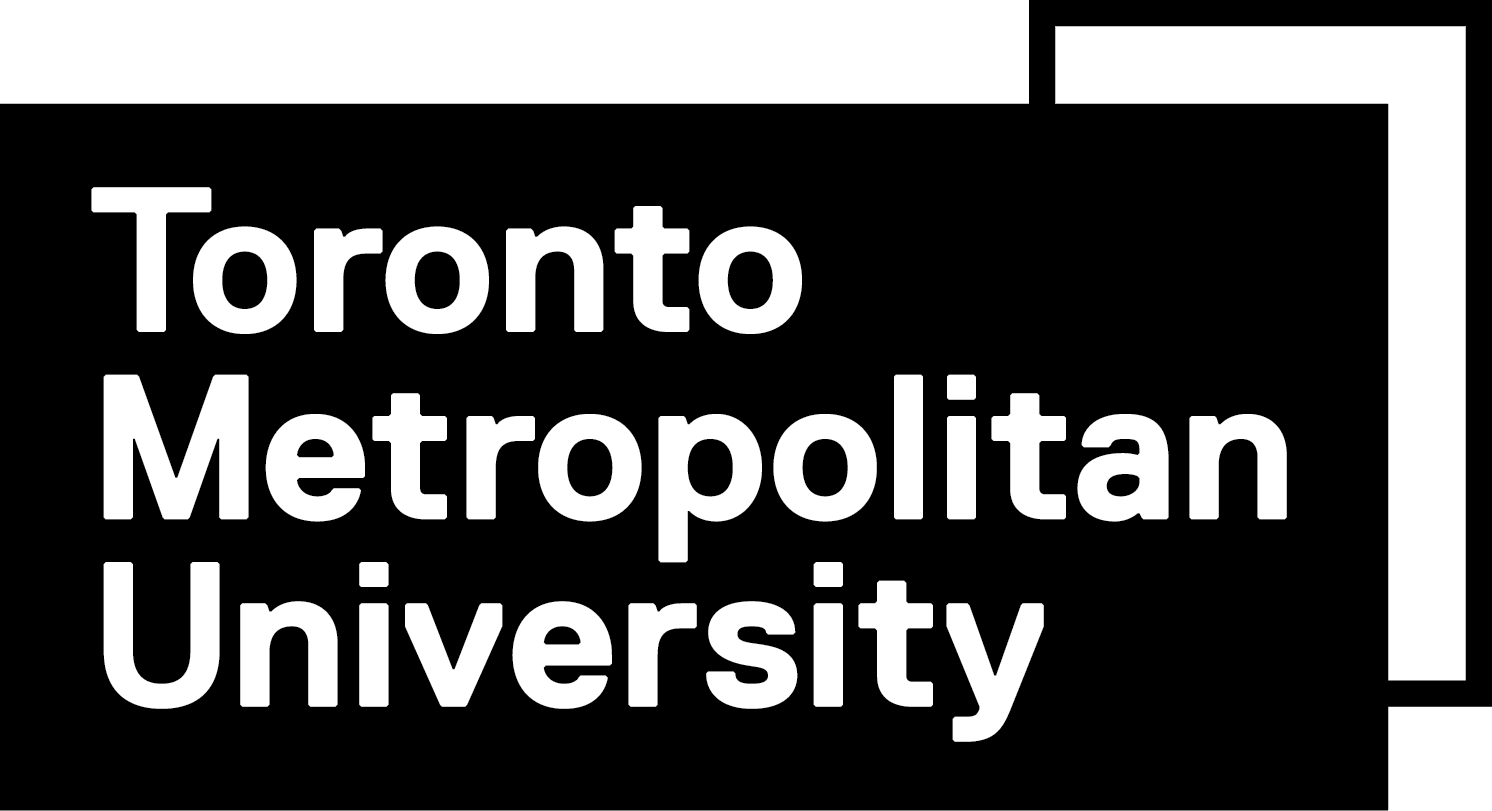
Sounding Tours
Identifying the skills that will be needed for tomorrow’s world of work.
What do Canadians think about the future of work and skills?
In collaboration with the Future Skills Centre, The Conference Board of Canada talked with Canadians who are actively engaged in the country’s skills and training community, as well as individuals interested in learning more about skills development and the future of work.
We wanted to know:
- How are economies, jobs, education, and training changing across Canada?
- How can we support pandemic recovery?
- How has the COVID-19 pandemic impacted local labour markets, economies, and society?
- What do Canadians think will be necessary to train a future generation of students and workers?
26
Sounding tour “stops”
1,376
Total participants

Regional and Virtual Sounding Tours
The Regional Sounding Tour (RST) brought together Canadians who are actively involved or interested in education, employment, skills, and training.
We wanted to know what does—and doesn’t—work for skills development, and how skills and training play a role in leaders’ strategic priorities. The RSTs were held in-person between October 2019 and October 2020.
The Virtual Regional Sounding Tour (VRST) focused on how the country has been impacted by COVID-19, and how the Future Skills Centre can help on the road to recovery. The VRSTs were held virtually between December 2020 and March 2021.
What Did We Learn?
Five key themes emerged from both sounding tours.

Equitable Recoveries
Leaders across Canada agreed: COVID-19 has both exposed and increased inequalities. Participants were concerned about the disproportionate impact of the pandemic on certain groups, such as:
- Youth, including international students
- Indigenous peoples
- Women
- Newcomers to Canada
Essential Skills
We heard that some essential skills are particularly necessary in a post-pandemic world. They are:
- Social and emotional skills (e.g., communication and resilience)
- Digital literacy (e.g., being able to learn and work online)
- Employability skills (e.g., punctuality, professionalism)
- Awareness of career options and pathways
Participants believed these skills only grew in importance during the pandemic. They’re transferable, and can help Canadians navigate through career changes and tough times.


Reimagining Post-secondary Education
Participants agreed that post-secondary education needs to be relevant and impactful. Institutions should consider:
- Keeping virtual learning options available, even post-pandemic
- Creating greater flexibility in course programming and delivery
- Offering more pre-employment experiences, such as co-ops and internships, to enhance students’ skills during their education and training
The Changing Nature of Work
The pandemic hastened changes in the workforce, pushing Canadians to think deeply about the future of work. Participants highlighted some priorities:
- More flexibility and forward-thinking in the workplace
- Upskilling and reskilling opportunities to help people adapt to changing job availabilities
- Greater support for employers, employees, and job-seekers
- Additional collaborations and partnerships within and across the sector


Social and Digital Infrastructure
Infrastructure—both social and digital—is necessary for Canadians to build thriving regions. Communities that face larger challenges need social and digital infrastructures that:
- Help prepare for the future of work
- Ensure a better quality of life, growth, and economic well-being
- Facilitate different ways to deliver training
2019 Regional Sounding Tour Findings
For each stop of the Regional Sounding Tour, we produced a report-back to summarize the challenges people were facing and what they were concerned about. A national report-back was also produced.
National Regional Sounding Tour
December 9, 2020 (waiting for PDF)
Alberta
November 12, 2019 • University of Calgary
British Columbia
Due to COVID-19 this in-person event did not take place.
Manitoba
November 4, 2019 • University College of the North
Manitoba
January 30, 2020 • Red River College
New Brunswick
November 20, 2019 • Université de Moncton
Newfoundland and Labrador
October 30, 2019 • Memorial University
Newfoundland and Labrador
October 31, 2019 • Humber Valley Resort
Northwest Territories
March 6, 2020 • The Explorer Hotel
Nova Scotia
November 22, 2019 • Halifax Convention Centre
Nunavut
March 11, 2020 • Frobisher Inn
Ontario
November 14, 2019 • Collage Boreal
Prince Edward Island
February 12, 2020 • Holland College
Quebec
Due to COVID-19 this in-person event did not take place.
Saskatchewan
February 27, 2020 • Delta Hotel Bessborough
Yukon
March 4, 2020 • Kwanlin Dün Cultural Centre

Testimonial
Who Attended?
Most participants who attended both the RST and VRST were employers and professionals working in government, post-secondary institutions, professional associations, and non-profit organizations across Canada.
Regional Sounding Tour Statistics
Overall
1,032
Participants
12
Stops
11
Provinces and territories
RST Attendees by Sector
(per cent)
Note: Information regarding the sectors of participants who attended in Halifax, Nova Scotia; Saskatoon, Saskatchewan; and Moncton, New Brunswick was not available.
RST Attendees by Region
(per cent)
Virtual Regional Sounding Tour Statistics
Overall
344
Participants
14
Stops
13
Provinces and territories
VRST Attendees by Sector
(per cent)
VRST Attendees by Region
(per cent)
What Did We Ask?
The RST discussions focused around six core questions, each illustrating one of our six discussion themes. Each core question was accompanied by a few probing questions to better understand the core question or to facilitate dialogue.
Core Question
What are the key issues or challenges with respect to skills development in your community and region?
Probe Questions
Are there any regional or geographic considerations we should address?
How does skills development fit into your organization’s strategic priorities?
Core Question
What would you say are the most important skills for career success?
Probe Questions
Which skills are growing in importance and why? (Both technical and non-technical skills)
Have you changed the way you work or engage in education in response?
Are there skills deficiencies in:
- new graduates?
- mid-career workers?
Core Question
What are the important considerations for certain groups that could be at risk of being left behind?
Probe Questions
Vulnerable populations being, for example, women, Indigenous, persons with disabilities, marginalized youth, racialized minorities, and newcomers.
Core Question
What initiatives or programs are currently under way in your region that are working to tackle skills and labour challenges?
Probe Questions
What seems to be working and what needs improvement?
What responsibilities do post-secondary education institutions have for training?
What responsibilities do employers have?
How can the Future Skills Centre structure its activities to complement the activities?
Are there any successes or challenges with supporting vulnerable groups to overcome barriers to employment?
Core Question
What are the best ways to share information with people in your community?
Probe Questions
If we want to share information on our activities or engage people in your community, what channels should we use? (Prompt participants to identify solutions for their unique group.)
Core Question
What is your vision for a skills ecosystem that better meets the needs of your community and the people in it?
Probe Questions
What needs to be in place to get there?
The VRST had a total of four core questions relating to challenges faced during the pandemic.
- How has COVID changed your program priorities?
- What current labour market challenges are you experiencing in your own area?
- What has worked in response to these challenges?
- What are the current or proposed skills or initiatives you have to these challenges?
Methodology
In total, we analyzed 92 transcripts (52 from the RST, 40 from the VRST) to help us understand communities’ needs and think of a regional approach to skills training that aligns with the future of work.
Data was organized by region and whether it took place in-person or virtually. Team members created a codebook to code transcripts consistently. We also looked at popular themes in grey literature (news clippings, journal articles) to help us identify the latest research in skills gaps, upskilling, equity, and shifts due to the pandemic. We coded only conversations from participants, removing all staff commentary and remarks. NVivo 12 software was used to code all interviews.
In Partnership With





